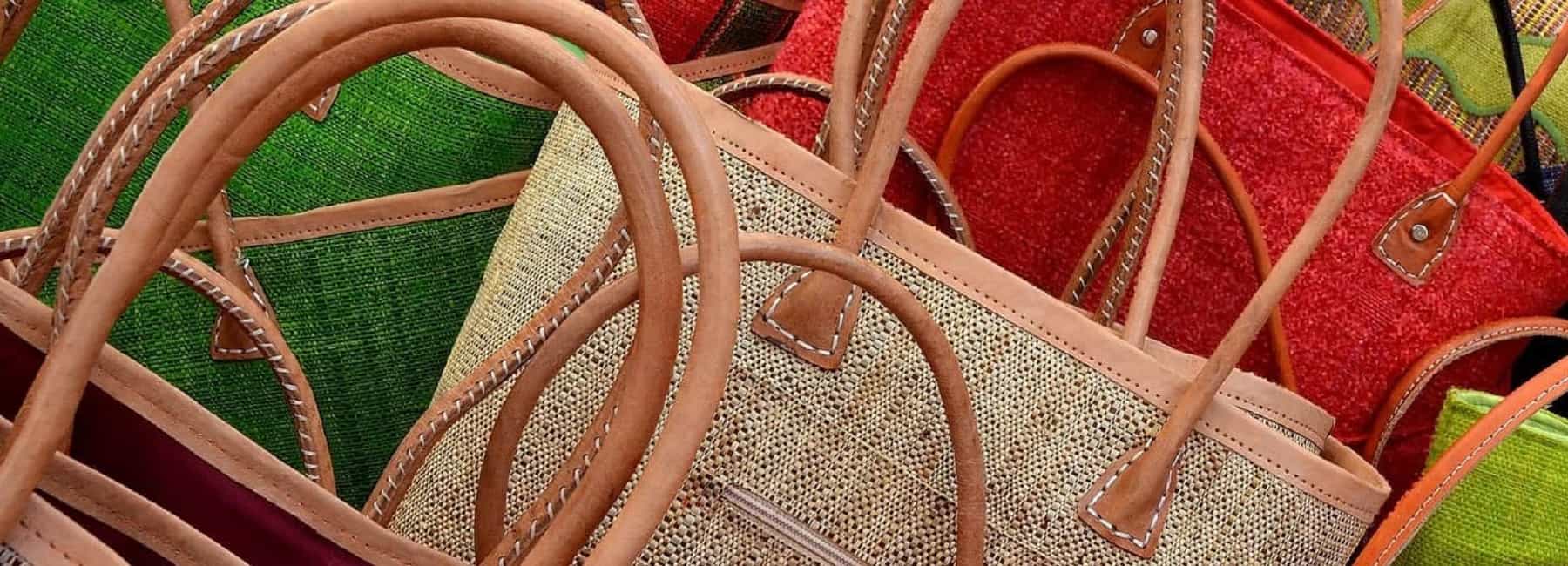

The idea of a circular economy is gaining popularity as both businesses and consumers look for sustainable options compared to traditional linear production and consumption models. In a circular economy, the focus is on prolonging the use of resources while minimising waste and pollution. Businesses are critical players in this change as they can create products and services that are both eco-friendly and economically feasible. This post delves into the concept of a circular economy and how businesses can adopt it to reduce waste and optimise resource utilisation.
The circular economy represents an approach to how goods are produced and consumed, departing from the classic linear 'take-make-dispose' model. It involves strategies like reusing, repairing, remanufacturing and recycling resources to keep them in circulation for as long as possible. By following this approach not only does it lessen the impact of economic activities but also opens up new avenues for businesses while promoting innovation.
Apart from extending resource usage duration, the circular economy highlights the significance of revitalising ecosystems. This involves efforts to rehabilitate and conserve ecosystems like forests, wetlands, and oceans, which are crucial for biodiversity preservation and climate change control.
By taking an approach to managing resources, companies lessen their impact on the environment and play a role in conserving and protecting natural habitats. This dual benefit can lead to positive outcomes for both nature and society, paving the way for a sustainable future.
An important aspect of this concept involves designing products while considering their life cycle. This entails creating items that are sturdy, repairable and recyclable to prolong their usage. Companies can also explore other business models like product-as-a-service, or utilise sharing platforms to encourage prolonged use or ownership.
Under the product-as-a-service model, manufacturers are incentivised to make products that are easy to maintain since they remain accountable for the item’s performance. On sharing platforms, multiple users share access to a single product, reducing the need for items and promoting resource efficiency while cutting down on waste.
These innovative business models advocate for a shift from the linear economy model of 'take make dispose', towards a circular approach that promotes efficient usage and prolongs product lifespan, ultimately reducing environmental impact.
Another noteworthy aspect involves maximising the efficiency of resources across the value chain. This consists of sourcing materials, using recycled inputs and minimising waste at every step of production and distribution.
Also, businesses can improve their operations by implementing closed-loop systems, where waste from one process is transformed into a resource for another. This approach can significantly decrease waste generation and cut down on costs related to raw material procurement. By giving priority to resource efficiency, businesses not only reduce their footprint but also strengthen their ability to adapt to supply chain disruptions and regulatory shifts.
Companies have a role in promoting the concept of a circular economy through their marketing strategies. By integrating sustainability into their brand image, they can attract eco-consumers and bring about significant changes in consumption habits.
One effective strategy is to launch campaigns that highlight the advantages of sustainable products and behaviours. These campaigns can stress the importance of recycling, reusing and minimising waste, demonstrating how these actions contribute to building a better future.
For example, encouraging the use of eco-friendly tote bags can demonstrate how businesses are adopting the concept of reusable items. Tote bags are practical and sturdy and represent a shift away from disposable items. By giving out promotional tote bags, companies promote their brand and advocate for sustainable shopping practices. This shows a dedication to protecting the environment and encourages consumers to join in building a circular economy.
This concept offers a vision for a more sustainable future, where resources are utilised efficiently, waste is minimised and economic growth is separated from harm to the environment. Businesses play a role in this transformation; by adopting these principles, they can lessen their footprint and uncover new avenues for innovation and expansion.
By developing products and services with circular economy principles in mind, companies can contribute to creating a brighter future for all. To consider incorporating these ideas into your branded merchandise, the friendly team at Coastal Direct Promotional Products are on hand to help. We provide quality promotional products in Melbourne, Adelaide, Sydney, Perth, Brisbane and across Australia to support businesses in their sustainability goals. We have tote bags, recycled pens and sustainable drinkware that can help companies reduce their environmental impact and support a greener tomorrow. Browse our website to view the extensive range of items available. Partner with Coastal Direct Promotional Products and be part of the movement for a more sustainable future that benefits everyone.